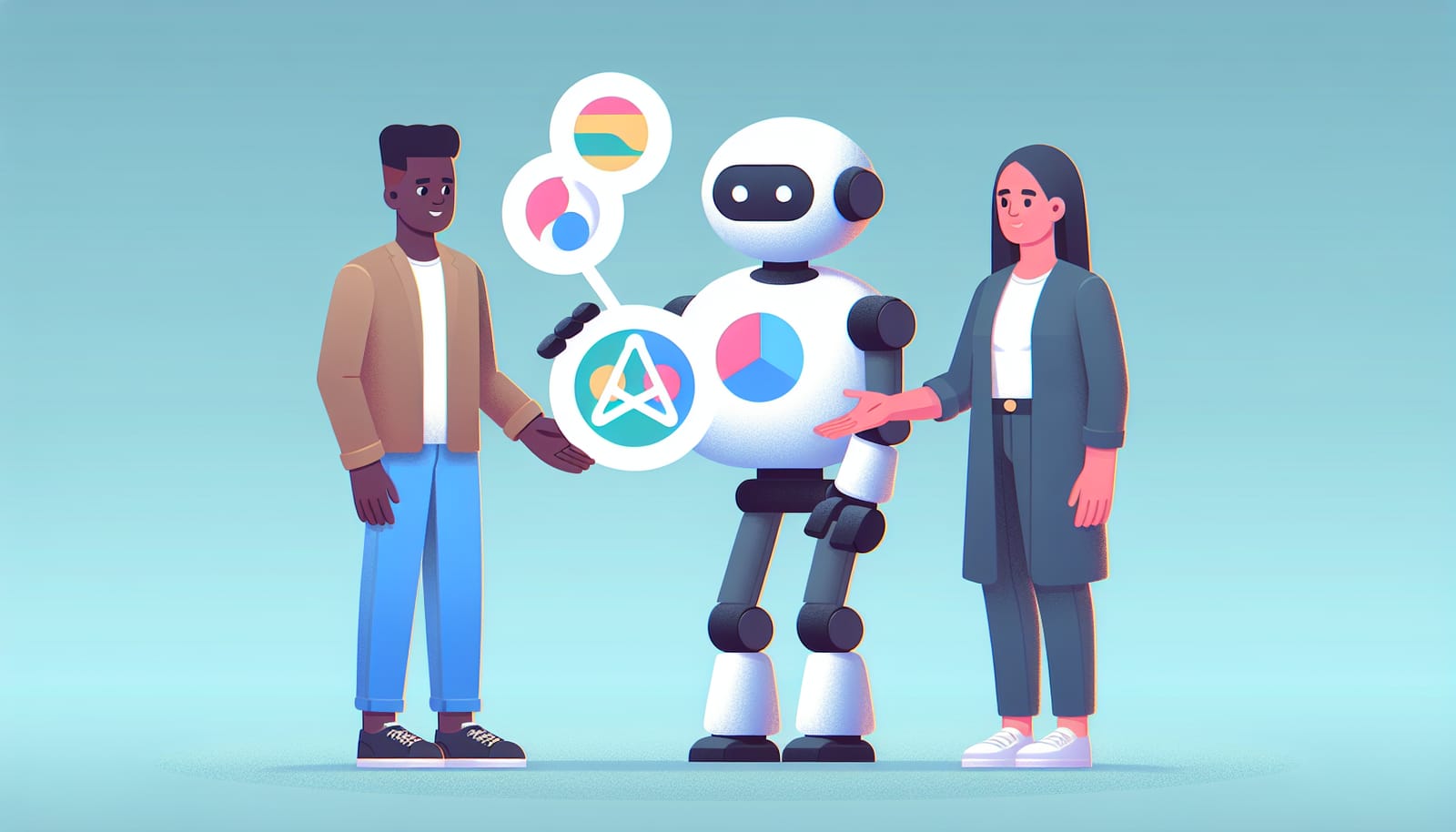Artificial Intelligence, or AI, has made incredible strides in recent years. From self-driving cars to smart assistants that can remind you of appointments, the impact of AI is undeniable. However, despite these advancements, one area where AI continues to struggle is in handling everyday small talk. This article will explore the reasons behind this limitation and shed light on the fascinating world of AI.
What is AI and How Does It Work?
Before we dive into the intricacies of small talk, let’s break down what AI actually is. At its core, AI refers to computer systems designed to mimic human intelligence. These systems can learn from experiences, recognize patterns, and make decisions. They do this through a combination of algorithms, data, and machine learning techniques.
Imagine teaching a robot how to play a game. At first, it may not know the rules, but as you show it how to play, it starts to get better. This is a simplified version of how AI learns. However, while AI can process vast amounts of data quickly, it lacks the deeper understanding of human emotions and social nuances that are essential for engaging in small talk.
The Challenge of Context
One of the biggest hurdles for AI in small talk is understanding context. When chatting with friends, we often rely on shared experiences, cultural references, and even inside jokes. These elements give our conversations meaning. For example, if you mention a popular movie, your friend might respond with a quote from that film. AI, on the other hand, struggles to grasp these subtleties because it lacks personal experiences and cannot interpret emotions.
Consider this: if you were to ask an AI, "How's the weather?" it might give you a detailed report. But if you follow up with, "Perfect for a picnic, right?" the AI may not recognize the playful tone or the implied connection to spending time outdoors. This capability to read between the lines is something humans do instinctively but remains a challenge for AI.
The Limitations of Language
Language is a beautiful, complex tool that humans use to communicate. It involves not just words but also tone, body language, and social cues. AI, however, relies on text and speech patterns to understand language. This reliance means that AI can misinterpret phrases, especially idioms or slang. For instance, if someone says, "It's raining cats and dogs," an AI might take it literally, while a human instantly understands it means it's raining heavily.
Moreover, AI lacks the ability to generate genuine emotional responses. When humans engage in small talk, they often share feelings or humor. An AI might be able to generate a joke or a witty remark, but it doesn't "feel" humor in the same way humans do. It can become a mechanical exchange rather than a meaningful interaction.
The Importance of Empathy
Empathy is the ability to understand and share the feelings of others. It’s a crucial component of effective communication, especially in small talk. When we engage in casual conversations, we often pick up on the emotions of others and respond accordingly. For example, if you notice that a friend seems down, you might ask them how they're doing, showing that you care.
AI, however, lacks this emotional intelligence. While it can process data and recognize certain patterns, it doesn’t have real feelings or emotional awareness. This is why, during small talk, AI can come across as robotic or insincere. The nuanced understanding of how someone feels and the ability to respond compassionately is something that AI still has not mastered.
The Role of Experience
Another reason AI struggles with small talk is that it lacks personal experiences. Humans draw from a lifetime of memories, interactions, and lessons learned when engaging in conversation. These experiences shape our understanding of the world and influence how we communicate with others.
For example, if someone mentions a recent trip to a unique destination, a human can share their own travel experiences, creating a bond over shared stories. AI, on the other hand, does not have personal experiences. It can analyze data about travel destinations, but it cannot share a personal story or relate to the emotional aspects of travel.
The Future of AI in Small Talk
While AI currently struggles with small talk, the technology is continuously evolving. Researchers are making strides in developing more advanced algorithms that aim to enhance AI's conversational capabilities. For instance, some AI systems are being trained to understand context better and recognize emotional cues. Even so, the journey is long, and it may take years before AI can engage in small talk as naturally as humans do.
One exciting development is the integration of AI in customer service. Many companies are using AI chatbots to handle common inquiries. While these bots can provide quick answers, they still often fall short when it comes to understanding complex emotions or resolving nuanced situations. As AI improves, we may see a future where these systems can engage in more meaningful interactions.
Final Thoughts
In conclusion, while AI has made remarkable progress in various fields, handling everyday small talk remains a challenge. The nuances of human communication, including context, empathy, and personal experience, are areas where AI still struggles. However, as technology continues to evolve, there is hope that AI will become better at engaging in meaningful conversations.
For now, it’s essential to remember that while AI can assist us in numerous ways, the human touch in communication is irreplaceable. So, the next time you find yourself chatting with friends or loved ones, relish the beauty of those little moments. After all, small talk may seem trivial, but it’s a vital part of building connections and understanding one another.


